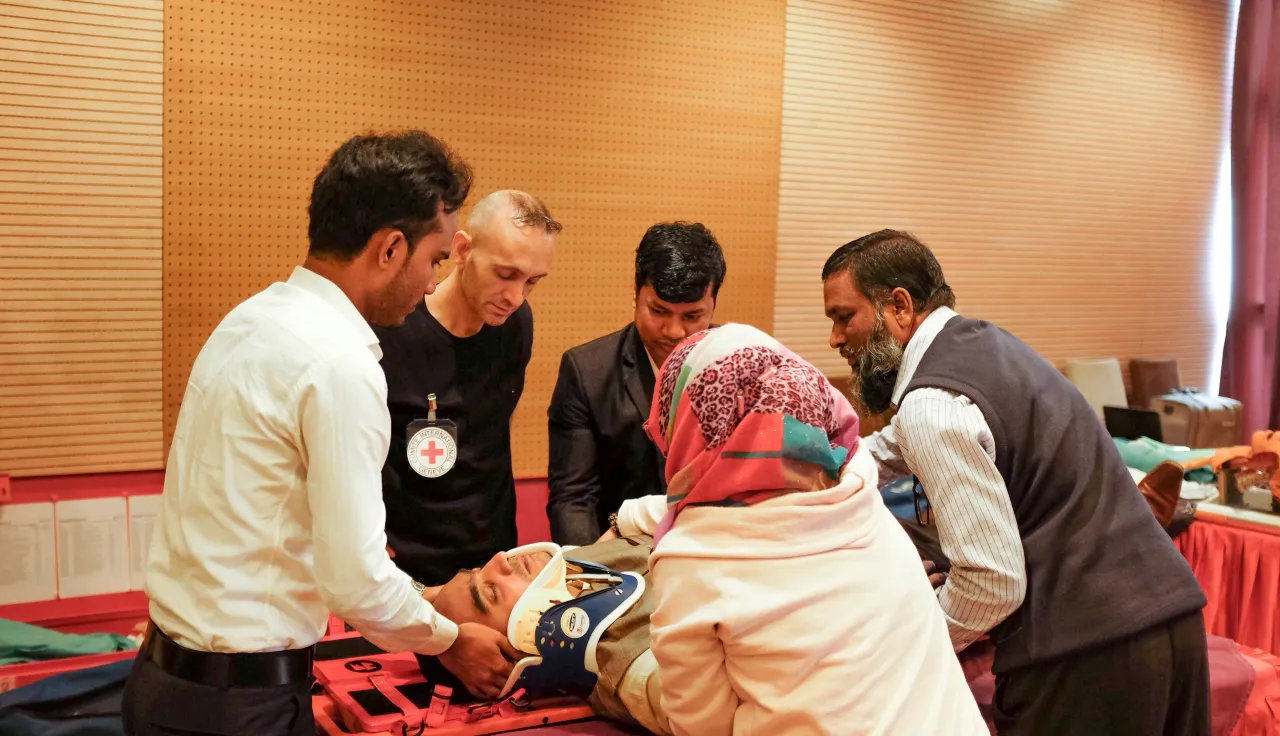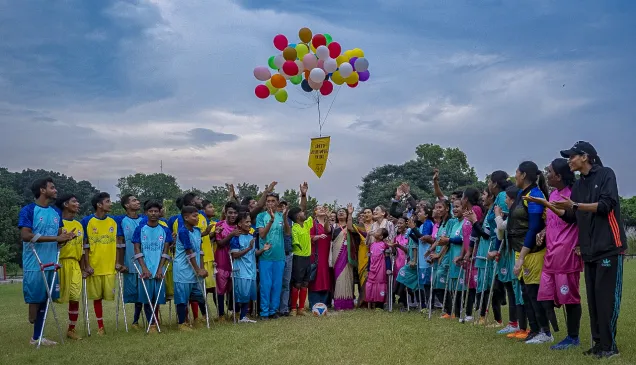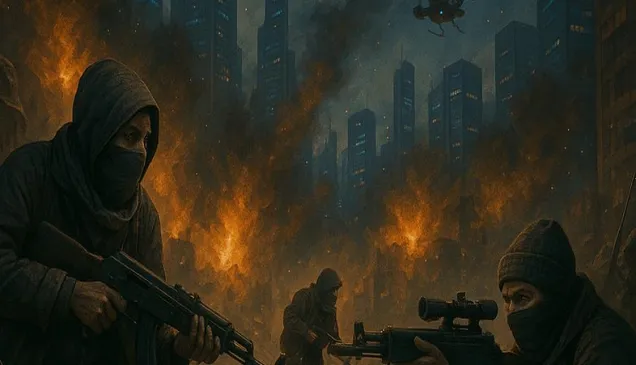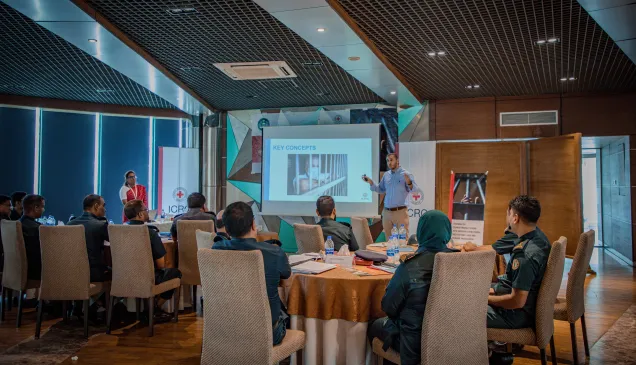Cox’s Bazar: Training course helps find method to emergency room chaos

The emergency room of Sadar Hospital in Cox's Bazar, Bangladesh, is bustling with activity. A rickshaw-puller who was severely injured in an accident is rushed in by some people. As doctors and nurses start treating him, while checking on many others who are in need of critical care, the only thing they have on mind is to do whatever it takes to save his life.
For the staff of Sadar Hospital's emergency room, this high-pressure scene has become an everyday story. On an average, the tourist district's only specialized public medical facility would see about 200 people being brought in to the emergency room every day. But in the last two years, that number has almost doubled with the influx of people displaced by violence in Myanmar's Rakhine State. With their limited human resource, doctors and nurses are in a constant struggle to identify and treat different types of trauma patients with timely care.
In order to address this situation, as well as possible situations of violence and mass casualties, the International Committee of the Red Cross (ICRC) recently organized an Emergency Room Trauma Course to help the staff create a better system of managing and caring for patients in the emergency room. Nineteen medical professionals attended the training programme, which had a combination of lectures and skill-building sessions. This was part of a project undertaken by the ICRC in 2018 to work with Sadar Hospital's management towards improving the emergency room's quality of service

Trainer Ting-Hway Wong from Singapore demonstrates how to respond to a trauma patient in the emergency room. Haiko Magtrayo / ICRC
The training emphasized that good trauma care requires getting the patient to the right place at the right time for the right care. Medical professionals also need to apply standardized approaches to improve the chances of a patient's survival and reduce mortality or morbidity.
Participants were taught a basic method of approaching any patient brought to the emergency room so that life-threatening conditions are not missed. They were also trained to develop a system for managing large numbers of injured people at one time and prioritizing the most severely injured. How to deal with shock, trauma, limb and burn injuries were some of the other aspects covered in the workshop.

Participants learn trauma-care skills during the workshop. Haiko Magtrayo / ICRC
Speaking of the benefits of the course, trainer Lynette Cheverall said, "As a trainer it feels wonderful to know that the participants listened carefully and are eager to practice what has been taught. So it was very exciting when one of the participants, who had to be back on duty on the second day of the course, came and said he had applied the systematic patient approach that he had learned the previous day." She added that the course is particularly designed for doctors and nurses working in the emergency room and will benefit both the host community as well as the displaced people living in Cox's Bazar.
Dr Ashhiqur, who has many years of experience and was one of the participants, shared how difficult it has been to treat patients without a systematic approach for handling different forms of trauma.
There were times when we were just not able to handle the pressure or respond adequately. But the training course has helped make the treatment more effective. I feel more confident too. -Dr Ashhiqur
Participants also said they are eager to share the skills they have learned with their colleagues.
The ICRC, which has been providing health care to trauma victims for many years, conducts the course worldwide, and is committed to ensuring that people have access to health-care services during armed conflict and situations of violence. In Bangladesh, we have been organizing this training programme since 2014. Together with the Bangladesh Red Crescent Society (BDRCS), the ICRC also continues to support two government-run health facilities in Ukhiya and Teknaf since 2014. A total of 103,340 patients have received health-care services from the mobile medical teams since the beginning of the crisis in Rakhine.



